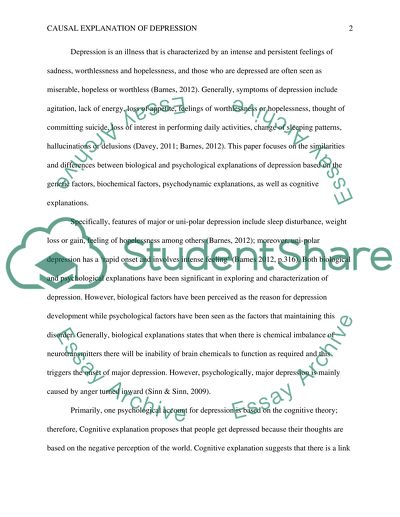Cite this document
(“Compare and contrast psychological and biological explanations of Essay”, n.d.)
Retrieved from https://studentshare.org/psychology/1488037-compare-and-contrast-psychological-and-biological
Retrieved from https://studentshare.org/psychology/1488037-compare-and-contrast-psychological-and-biological
(Compare and Contrast Psychological and Biological Explanations of Essay)
https://studentshare.org/psychology/1488037-compare-and-contrast-psychological-and-biological.
https://studentshare.org/psychology/1488037-compare-and-contrast-psychological-and-biological.
“Compare and Contrast Psychological and Biological Explanations of Essay”, n.d. https://studentshare.org/psychology/1488037-compare-and-contrast-psychological-and-biological.


